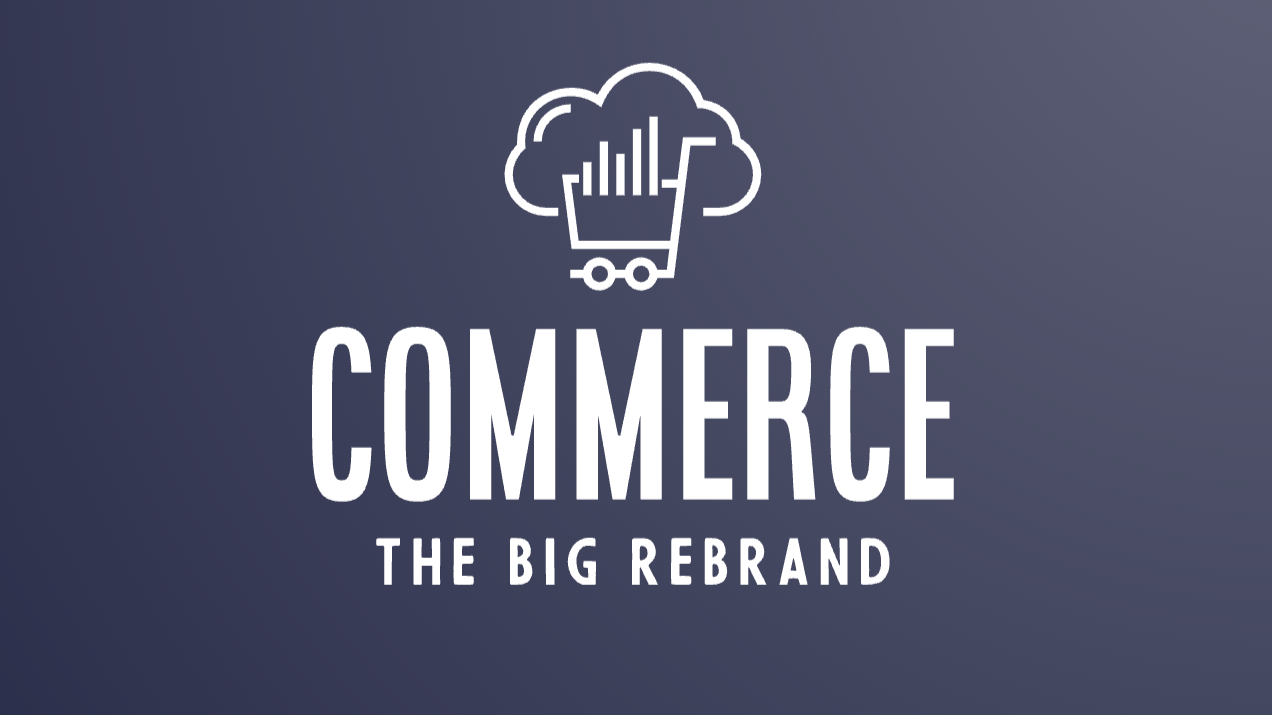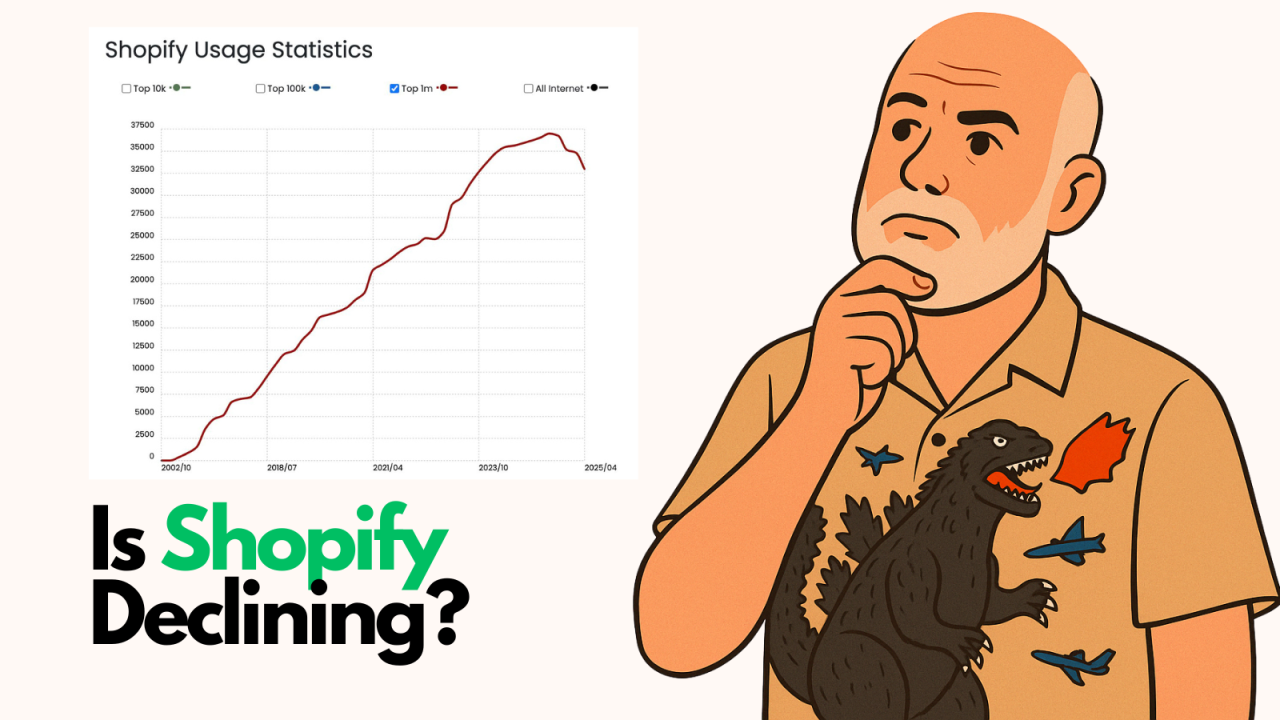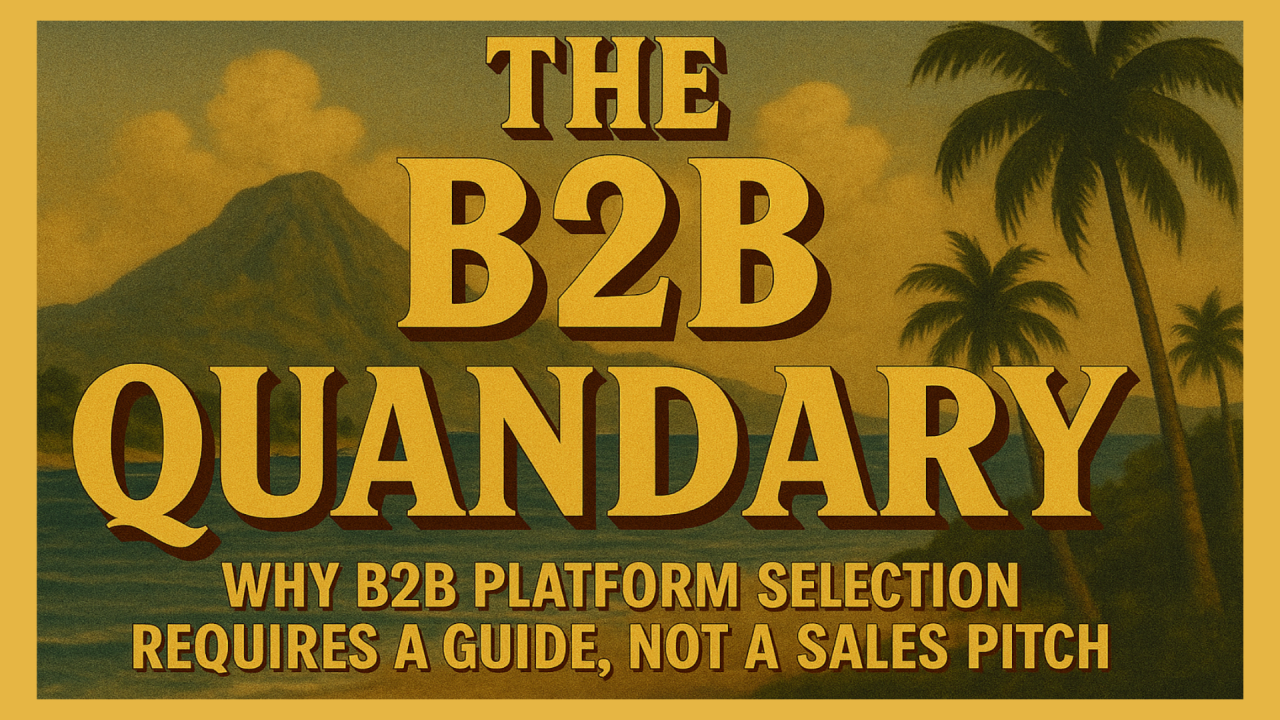
In today's fast-paced world of digital marketing, the competition is fierce. To succeed, businesses need to stay on top of the latest trends and technologies. One of the most effective strategies for boosting online visibility and driving traffic is search engine optimization (SEO). However, with Google's ever-changing algorithms and the increasing complexity of SEO, it can be challenging to keep up. That's where the perfect blend of human expertise and AI-powered content comes in. By combining the creativity and critical thinking of skilled copywriters with the data-driven insights of AI technology, businesses can create a winning SEO strategy that yields tangible results. In this article, we'll explore why this combination is so powerful and provide tips for incorporating it into your marketing efforts. So, let's dive in and discover how you can take your SEO game to the next level!
The combination of human expertise and AI-powered content is a game-changer for SEO. AI technology can analyze vast amounts of data, identify patterns, and provide valuable insights that humans may miss. On the other hand, skilled copywriters can bring a creative and compelling voice to content that machines cannot replicate. Together, they can create content that is optimized for both search engines and human readers, resulting in higher rankings, increased traffic, and better engagement.
Another benefit of this combination is the ability to scale content creation while maintaining quality. AI-powered tools can generate content at a faster rate than humans, but the quality may suffer if not properly monitored. Human editors can review and refine the content, ensuring that it meets the company's standards and is aligned with the brand's voice and messaging. By leveraging the strengths of both humans and machines, businesses can produce a consistent flow of high-quality content that resonates with their target audience.
Finally, combining human expertise and AI-powered content can lead to cost savings. Content creation can be a time-consuming and expensive process, especially for businesses that rely solely on human writers. AI-powered tools can generate content at a lower cost and with greater efficiency, freeing up resources for other marketing initiatives. By using AI to handle repetitive and time-consuming tasks like keyword research and content generation, copywriters can focus on higher-level tasks, such as strategy and messaging.
One of the most significant challenges in SEO is identifying the right keywords to target. Keyword research is a time-consuming process that requires a deep understanding of the target audience and the competitive landscape. AI-powered tools can help streamline this process by analyzing vast amounts of data and identifying patterns that human researchers may miss. For example, tools like Google Keyword Planner can provide insights into search volume, competition, and related keywords, helping businesses identify the most relevant and valuable keywords to target.
AI can also aid in content creation by generating topic ideas, headlines, and even full articles. Using natural language processing (NLP) and machine learning, AI tools can analyze existing content and identify patterns that resonate with the target audience. They can also generate headlines and topic ideas based on popular searches and trending topics. While AI-generated content may be useful for filling gaps in a content strategy, it is essential to maintain quality control to ensure that the content meets the company's standards.
While AI-generated content can be a valuable tool in a content strategy, it is essential to maintain quality control to ensure that the content meets the company's standards. AI-powered tools can generate content at a faster rate than humans, but the quality may suffer if not properly monitored. Human editors can review and refine the content, ensuring that it meets the company's standards and is aligned with the brand's voice and messaging.
Quality control is particularly important when using AI-generated content for SEO. Google's algorithms prioritize high-quality, relevant, and engaging content. If the content is low-quality or does not meet Google's guidelines, it may not rank well in search results, leading to lower traffic and engagement. By maintaining quality control, businesses can ensure that their content meets Google's standards and resonates with their target audience.
To get the most out of a human-AI SEO strategy, businesses should take a collaborative approach. Skilled copywriters and AI-powered tools should work together to create content that is optimized for both search engines and human readers. Here are some strategies for combining human and AI-powered content:
By taking a collaborative approach, businesses can leverage the strengths of both humans and machines to create content that is engaging, informative, and optimized for search engines.
Many businesses have already experienced success by combining human expertise and AI-powered content. Here are some examples:
These examples demonstrate the power of combining human expertise and AI-powered content in creating a winning SEO strategy.
Implementing a human-AI SEO strategy requires the right tools and resources. Here are some of the most popular AI-powered tools for SEO:
In addition to these tools, businesses should invest in skilled copywriters and editors who can bring a creative and compelling voice to the content. They should also prioritize ongoing education and training to stay on top of the latest trends and technologies in SEO.
While AI-powered content can be a valuable tool in a content strategy, it is not without its challenges and limitations. Here are some of the potential challenges:
To overcome these challenges, businesses should prioritize quality control and human oversight, invest in skilled copywriters and editors, and be aware of potential biases in the data used to train the AI algorithms.
Combining human expertise and AI-powered content is a powerful strategy for boosting online visibility and driving traffic. By leveraging the strengths of both humans and machines, businesses can create content that is optimized for both search engines and human readers, resulting in higher rankings, increased traffic, and better engagement. However, it is essential to maintain quality control and human oversight to ensure that the content meets the company's standards and resonates with its target audience. As AI technology continues to evolve, businesses that prioritize ongoing education and training and stay on top of the latest trends and technologies will be the ones that succeed in the ever-changing world of SEO.
Learn more about how we use humans and AI together at Content Basis

Following up on my earlier post about BigCommerce's rebrand announcement, I got my hands on theCleveland...

By Brent W Peterson AI vs Shopify: Is Platform Dominance Ending in 2025?

The B2B OG Reality Check In 1995, I built my first B2B website for my then computer assembly company. It...